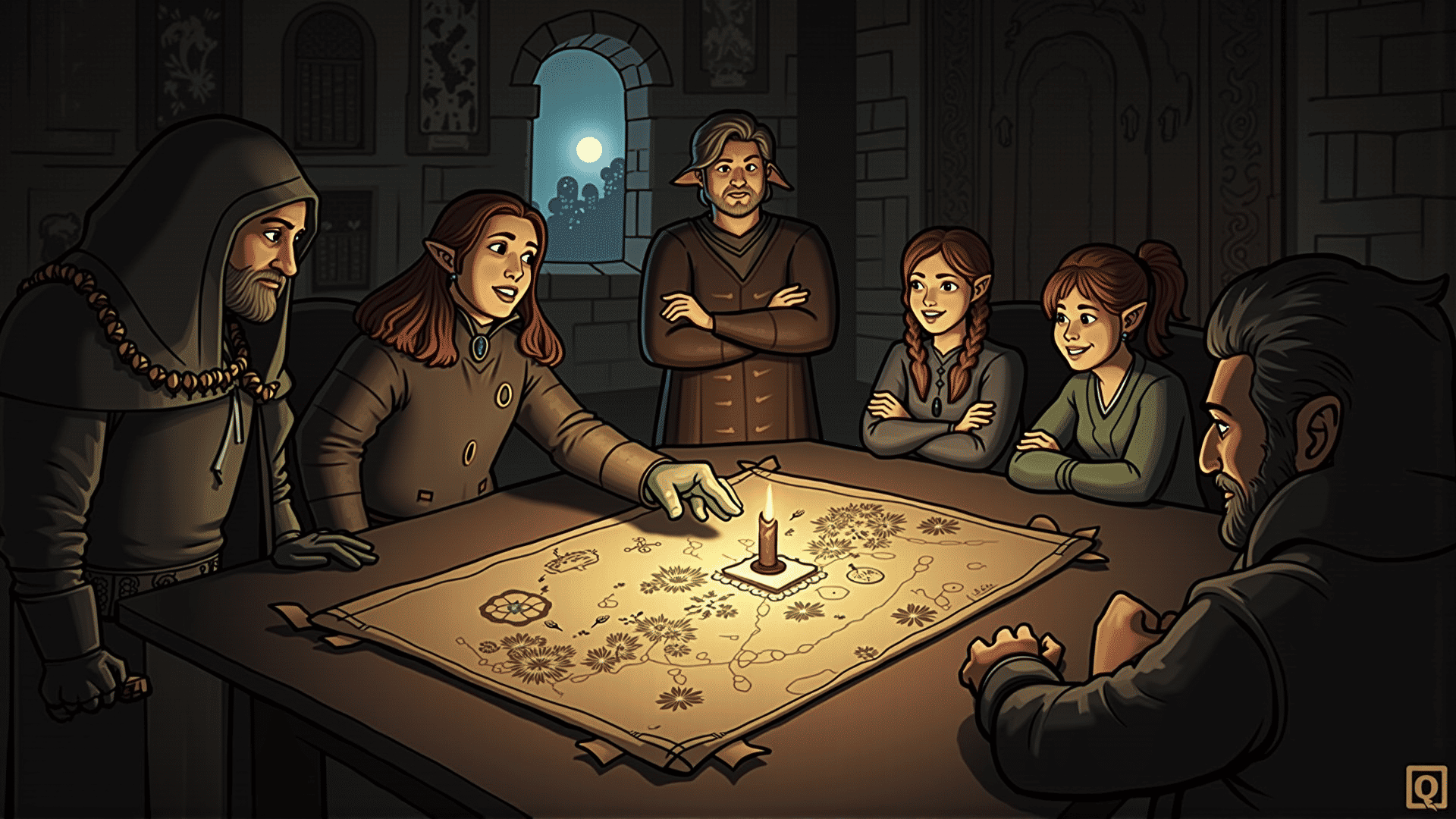In a world where video games have become a powerful medium for storytelling, players are finding themselves drawn into complex narratives that rival those of books and films. These games offer more than just entertainment; they are gateways into meticulously crafted worlds filled with richly developed characters and gripping plots that challenge our perception of storytelling itself.
One of the most captivating aspects of these games is their ability to weave intricate plots that keep players engaged for hours on end. Unlike traditional narratives, video games allow for a unique form of storytelling where players are not mere observers but active participants in the narrative. This interactivity enhances the immersion, as players make choices that can significantly impact the storyline. Such decisions create a personal connection to the narrative, as players must live with the consequences of their actions, adding layers of complexity and depth to their gameplay experience.
These engaging storylines often place players in the shoes of multifaceted characters on thrilling quests. Whether it's the epic journey of a knight seeking to save a kingdom, a detective solving mysteries in a noir-inspired city, or a scientist unraveling the secrets of a lost civilization, these narratives are crafted to keep players on the edge of their seats. The protagonists are often as compelling as the plot itself, with complex backstories and evolving personalities that players witness firsthand. This dynamic character development ensures that players are emotionally invested in the outcomes, lending every twist and turn heightened significance.
Moreover, these narrative masterpieces are not restricted by the linear constraints of other storytelling mediums. Video games offer branching narratives where different choices lead to alternate endings, providing a unique personal experience for each player. This branching mechanism means that no two journeys are alike, encouraging players to replay games to explore every narrative path. The replayability factor not only extends the life of a game but also deepens the player's understanding and appreciation of the storyline.
In the realm of evolving narratives, advancements in technology have played a pivotal role in enhancing storytelling capabilities. High-definition graphics, realistic physics, and enveloping soundscapes pull players further into the virtual world, creating a sense of realism that is unparalleled. As players navigate through these narratives, they encounter environments that are as crucial to the story as the characters themselves. Lush landscapes, rundown urban settings, or alien worlds all contribute to the ambiance and emotional resonance of the narrative, allowing players to become truly engulfed in the story.
The success of storytelling in video games also lies in the ability of creators to tackle profound and thought-provoking themes within their narratives. Themes of morality, identity, sacrifice, and heroism become focal points, often prompting players to confront their own values and beliefs. These games invite introspection while simultaneously offering escapism, creating a unique balance that is both intellectually stimulating and emotionally gratifying.
As we continue to explore the boundaries of interactive storytelling, it is clear that video games have established themselves as a formidable art form. They have moved beyond simple entertainment to become powerful narrative experiences that captivate, challenge, and inspire. In this digital age, games with engaging storylines offer players not only thrilling quests and intriguing plots but also the opportunity to connect with the very essence of storytelling—a timeless human tradition that continues to evolve and astonish in the most unexpected ways.
